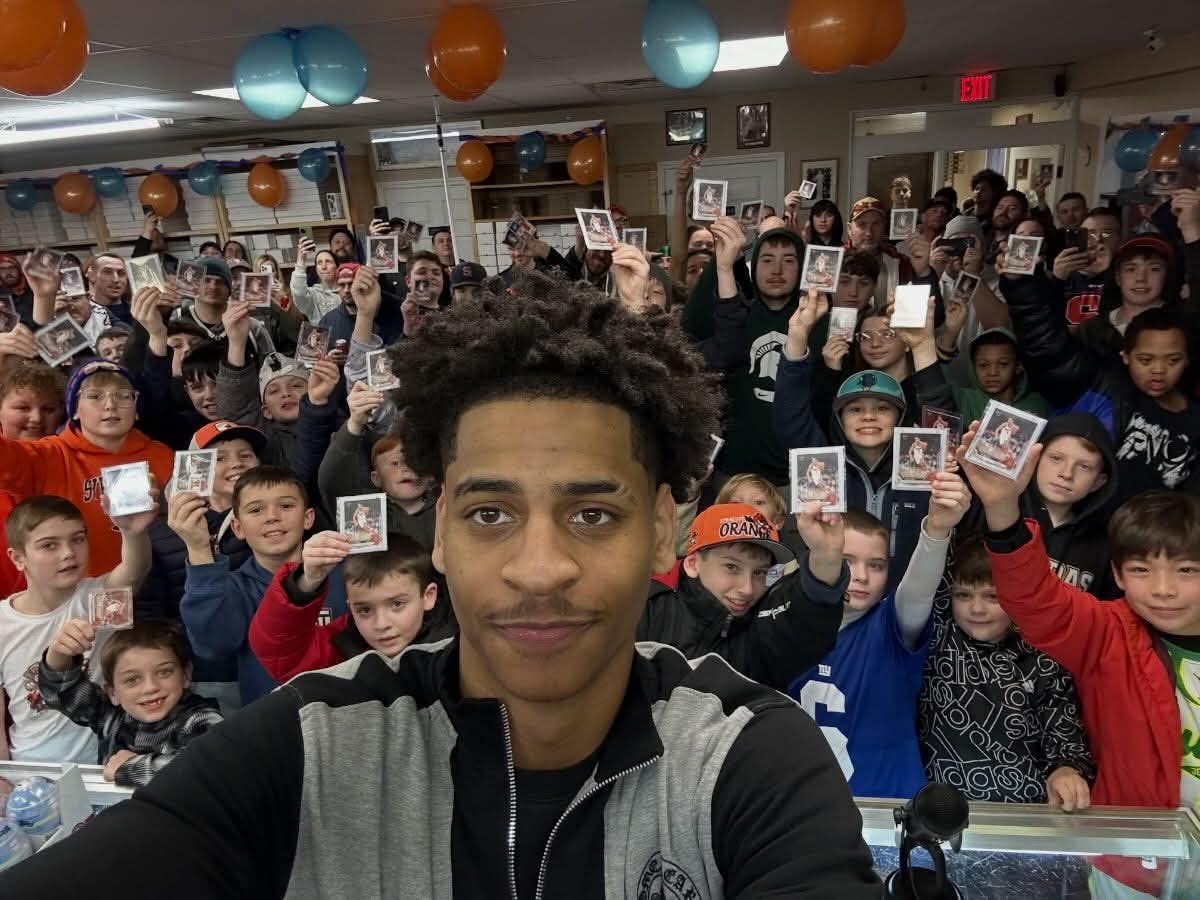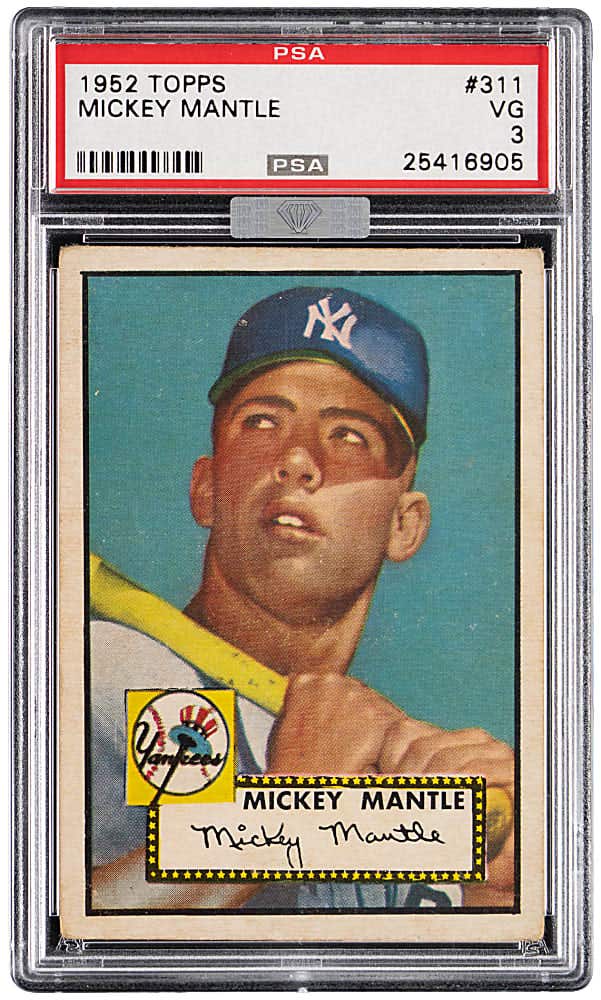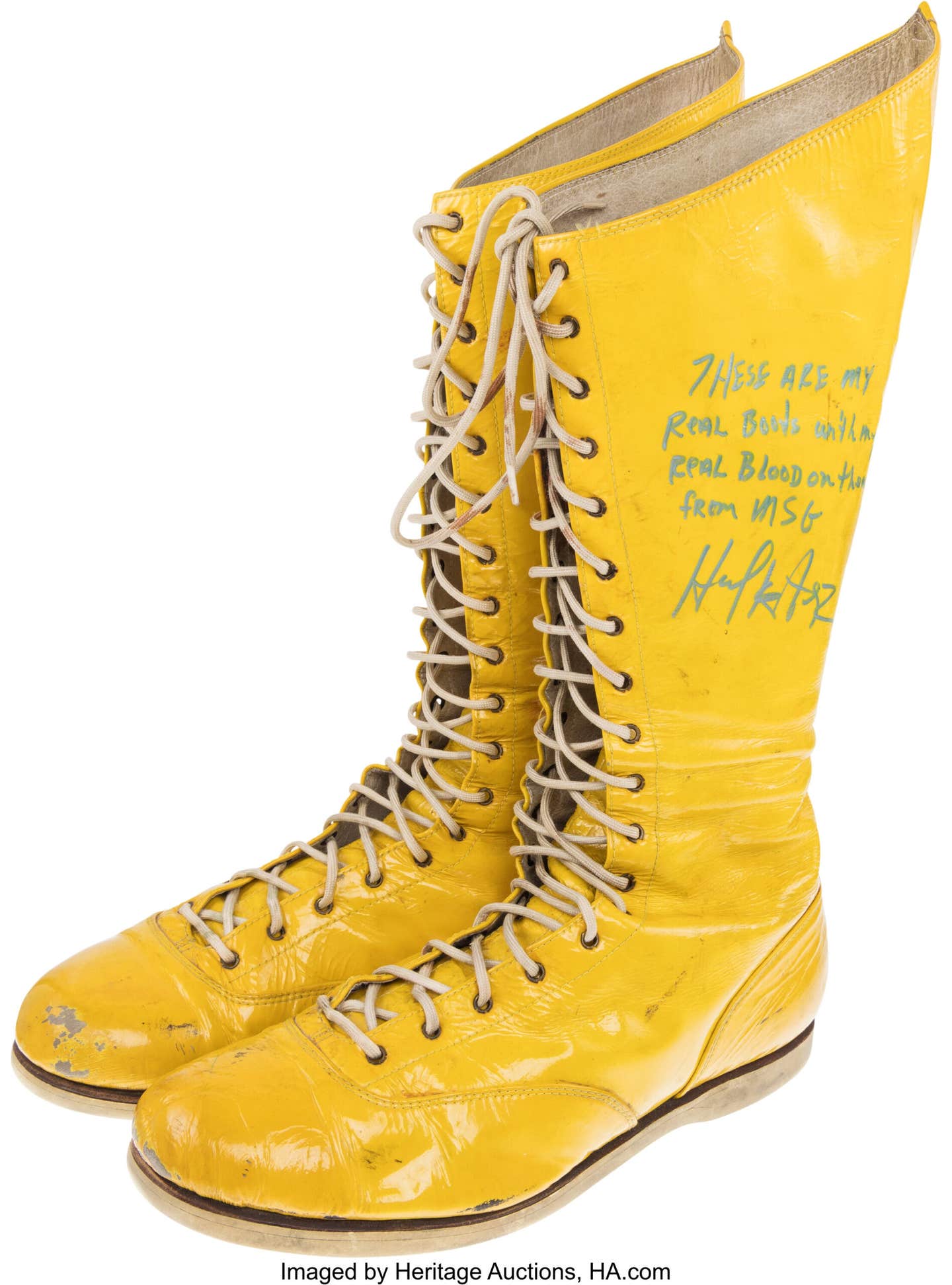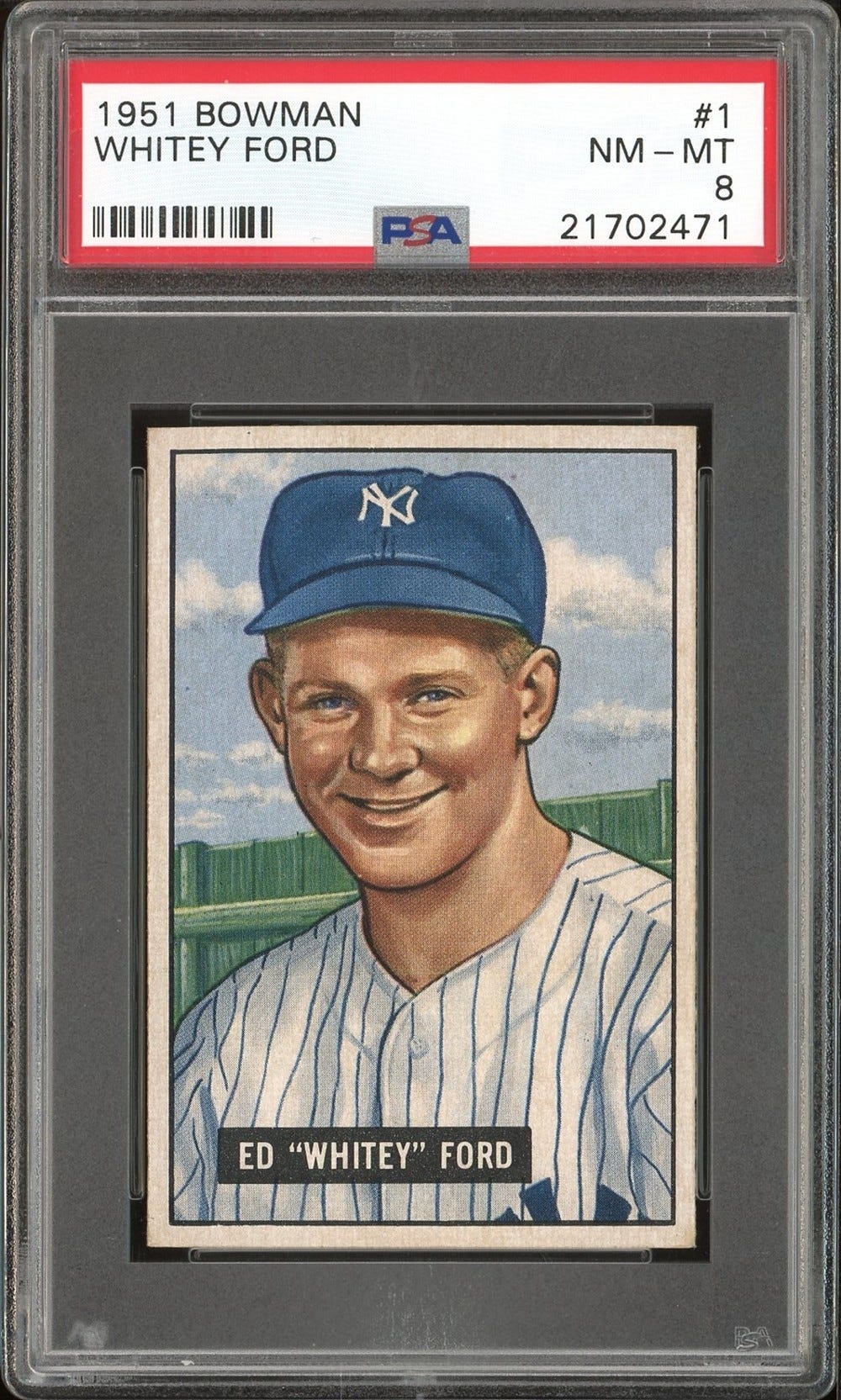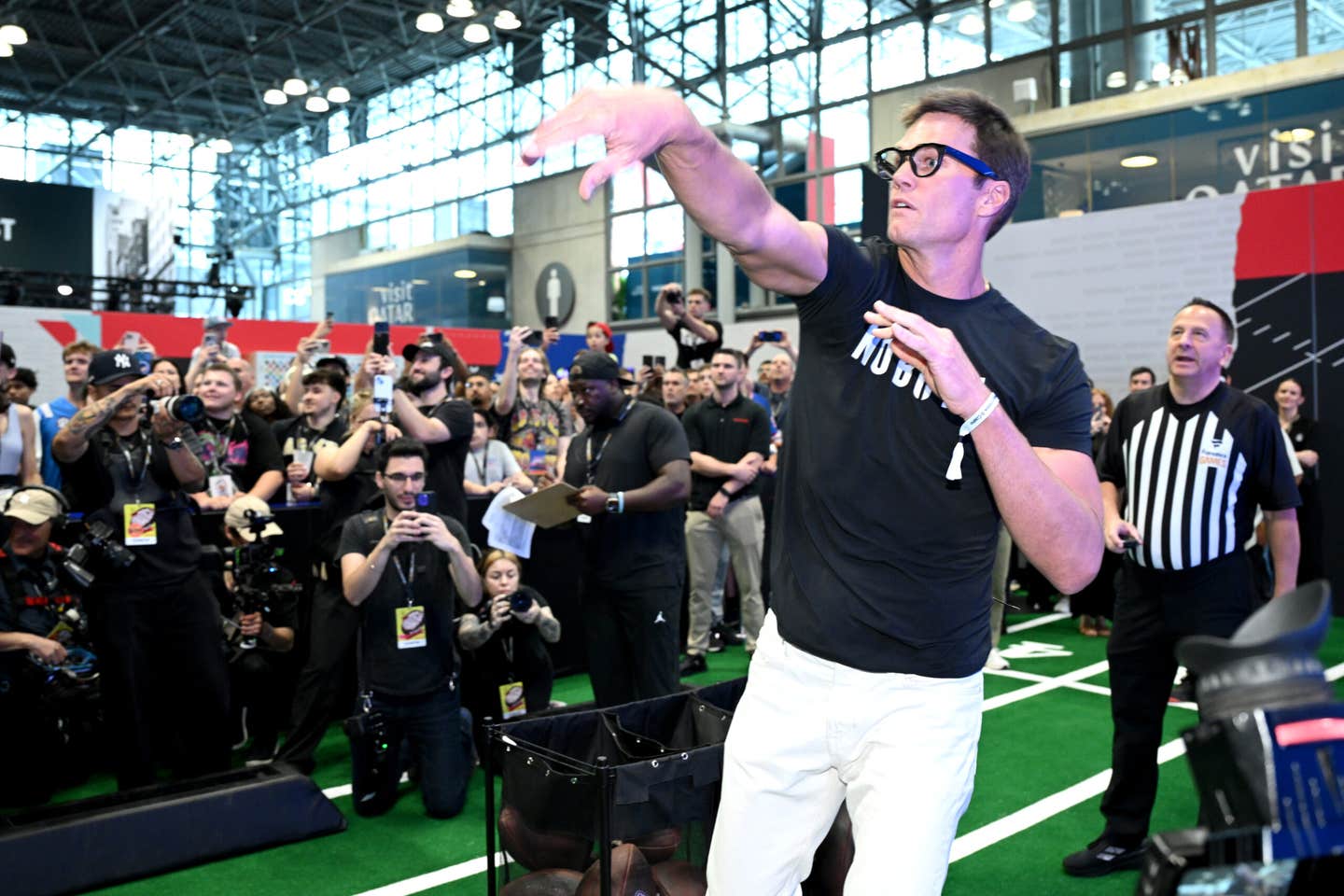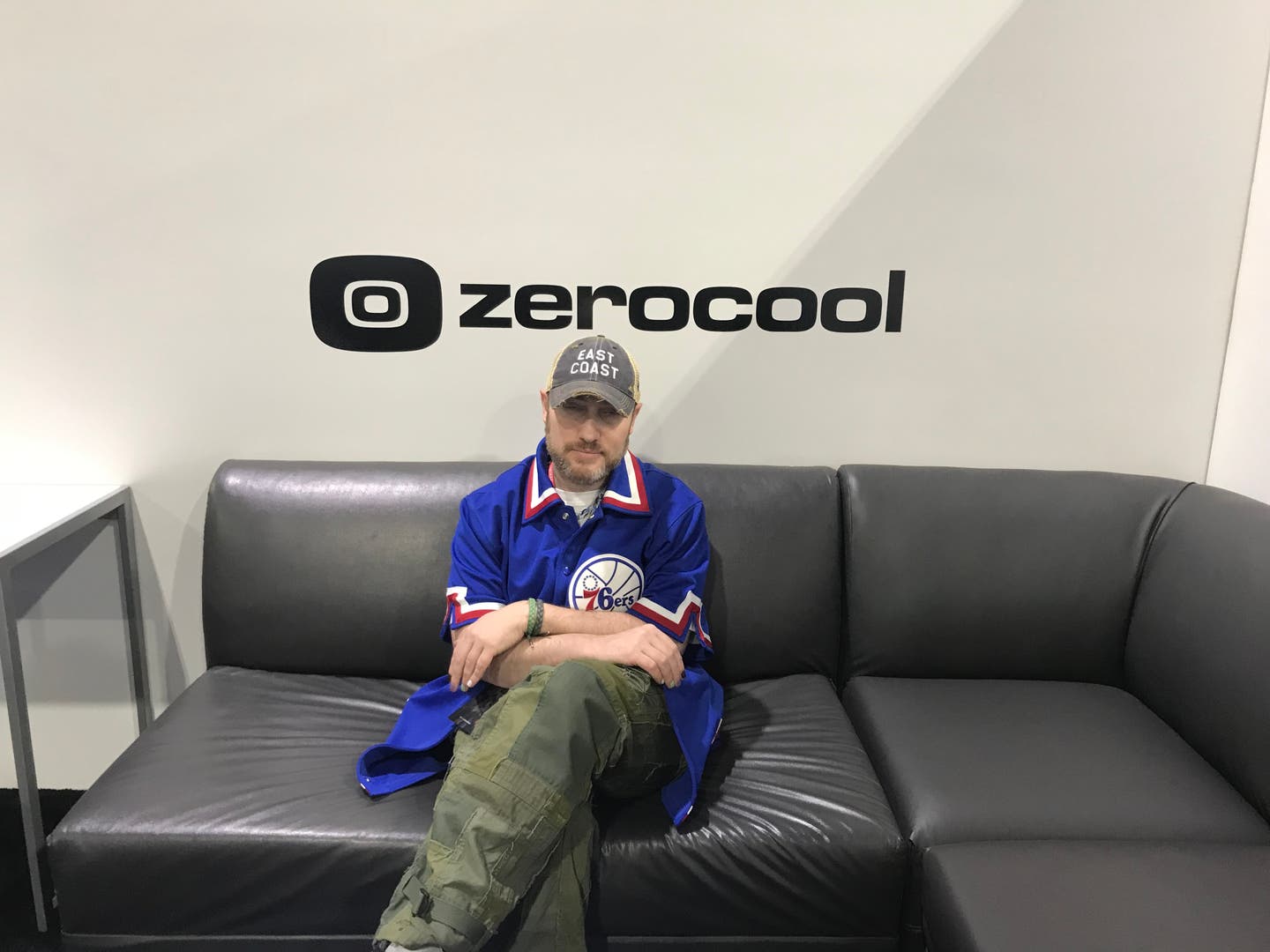
News
Fanatics CVO Josh Luber talks collecting, future of sports cards
ATLANTIC CITY — When Josh Luber first arrived at the National Sports Collectors Convention, the Fanatics executive didn’t want to meet clients or deal with the corporate side of the hobby’s largest new trading card company.
“I just wanted to buy cards,” said Luber, the co-founder and chief vision officer of Fanatics Collectibles.
So Luber, the hip entrepreneur who founded the $3 billion StockX sneaker company, pulled his cap down over his eyes and went incognito, strolling through the Atlantic City Convention Center without anyone recognizing him.
“I just put my hat down and walked around and I probably spent more money than I should, but that’s the fun part,” said Luber, who left StockX to help Fanatics CEO Michael Rubin start the new Fanatics Collectibles and Trading Card companies. “I’d much rather be out there shopping than doing this.”
BREAKING NEWS: Big changes coming to The National with new management
Luber found more than he bargained for. Elliot Rowe, the 5-year-old son of Adam Rowe of Breakers Rowe, had just pulled a 2021 Panini Prizm Cade Cunningham Black Shimmer 1/1 rookie card. Luber bought it.
“That was a pretty monster card. I was trying to buy one big Cade card, so I bought it from him,” Luber said. “It was a lot of money. People know about what that card goes for.”
Luber, 44, began his career at IBM and started four other businesses before partnering with Cleveland Cavaliers owner Dan Gilbert to form StockX. Though he built a billion-dollar company and now helps run another one, he is a collector at heart. He collects baseball and football cards, as well as non-sports cards, but basketball is his first love.
“I am basketball fan,” said Luber, a Philadelphia native who now lives near Detroit. “I grew up collecting baseball cards, like we all did, and I have a lot of baseball, basketball, football cards, but basketball more than anything. … It’s just so much fun.”
Luber met with Sports Collectors Digest at the Fanatics and zerocool booth at the National. Wearing a 76ers warm-up jacket and a dad hat with the words “East Coast” on the front, he explained how he went from StockX CEO to one of the chief officers of Fanatics new trading card company.
He also shared Fanatics’ vision for the future as it moves to take over the trading card industry. After signing licensing deals with MLB, the NBA, NFL and the three players associations, Fanatics will soon own the rights to produce trading cards in all three major sports. It purchased Topps for $500 million last year and more deals are in the works. It also recently launched zerocool, which produces trading cards focused on pop culture, art and entertainment.
Though Fanatics has made a big splash entering the hobby and had a large presence at The National, Luber says the company is just getting started on its foray into the trading card industry.
“I want to be really clear, the transition is still very much going on. We are in the early stages,” Luber told SCD. “It is a giant, thriving, successful industry already. It’s not like it needs to be fixed. We can evolve it and we can grow it, but as you have seen, we haven’t really done a whole lot yet to shake things up. Zerocool, we started launching zerocool … but that didn’t actually change anything. It’s not like we got rid of Topps and replaced it with zerocool.
“This is about slowly figuring out where the industry is at, how do we evolve it, how do we market it, how do we bring in new customers, how do we add technology to it, all of the things that any industry would go through as they are evolving. So, we are still just in the internal organization of things. We have attempted to match together five companies — Fanatics, Collectibles, Topps, zerocool and Candy Digital, so internally we are trying to build the right leadership team and build the right team to go out there and figure out how to grow the hobby.”
And, according to Luber, that means growing the hobby for everyone, from dealers and collectors to the corporate giants that are now driving the industry.
“That is the goal — growth for everybody. We all win if we grow the hobby and bring in more customers and figure it out,” he said. “And very much related to that, if that is goal 1A, 1B is how do we all work together better together, because any people coming into the hobby, we have to be able to get through the entire value chain, from education, to selling a card and everything in between, buying packs and opening them and breaking and grading and selling and everything in between, which is not to say that we will do all that, but we have to figure out how to work with all those people in that space because customers need that entire value chain. It’s really about two things: how do we grow and how do we work with everyone else.”
As Fanatics figures out how to create and distribute new trading cards in a booming billion-dollar industry, he insists Fanatics will not forget about the little guy — collectors, dealers, breakers and the cards shops that are the lifeblood of the hobby.
“Card shops are 1A and 1B, it’s where the customers are, and that’s the most important thing, 100 percent,” Luber said. “Even if we wanted to move all the products [ourselves], we couldn’t do that if we wanted to and, by the way, they are part of the customer experience. With trading cards, you need that asset, that hobby shop owner, the dealer, that interaction.”
As Luber wandered around the crowded show floor at The National, he was intrigued by the number of kids wheeling-and-dealing valuable cards.
“I have seen more kids than I have seen at any of the other Nationals,” he said. “I’ve seen a lot of mothers and sons out there and the mother is sort of standing back and letting the kid make the deal, and I will sit there and watch the whole deal. I’ll pretend like I’m looking at some cards, but I’m watching the whole deal.
“That interaction, you see the dealer change like 180. If I am there trying to negotiate a card, it’s a real negotiation. But that guy, he is going to let the kid get over on him for a $20 card, and that’s great. … How do we support that? How do we support the hobby shop owner? That’s a big part of it. But if we can grow the hobby, … it should be a zero-sum game, we should build the hobby for everyone.”
Fanatics’ first big move after news broke about its new licensing deals was to purchase the iconic Topps brand. Luber says that was the plan all along, one Fanatics would not have invested in without acquiring Topps.
“Could we have gone out and made cards ourselves? Absolutely, but Topps has been making baseball cards since 1952. Baseball cards are Topps,” he said. “Even in the early discussions with MLB and the players association, that was always part of the plan for us to try to acquire Topps because everyone cared very much about the brand. They said that and we agreed.
“So, we were happy that we were able to make that deal work and do that. And … until we get closer to running basketball and football, whether that happens at the end of the licensing term with Panini or sometime sooner, whatever happens there, we know that we have a brand and we will be able to make cards.”
There also has been widespread speculation that Fanatics will soon acquire Panini to facilitate its licenses for NBA and NFL cards. Luber declined to elaborate on future deals but is intrigued by the idea of Fanatics owning all the hobby’s most popular and iconic sports card brands.
“Who knows? Who knows? Selfishly, as a collector, I want all the brands,” he said. “How cool would it be to have Exquisite Basketball next to Prizm Basketball and Topps Chrome Basketball? That would be pretty badass. I don’t think I’m going to get my wish on that, but those are things we have to figure out. How do we make the best brand and the best cards that are flexible long-term and all that? There are a lot of great brands that are not out there anymore … I would much rather bring those back than make new brands from scratch.”
Luber also envisions sports cards being sold at hobby shops inside baseball and football stadiums and basketball arenas. Fenway Park recently opened a card shop and Luber believes that will become a trend as the hobby continues to grow.
“100 percent. Absolutely. It should be much sooner than later,” he said. “We can help broker those relationships because the league and players associations are partners in our business. We made that intentionally so we can go and figure out, hey, you know who the best people to buy baseball cards are — baseball fans. So, we want to work with the MLB and the players to sell cards in the stadiums and the same thing in basketball and football, 100 percent.”
Jeff Owens is the editor of SCD.



